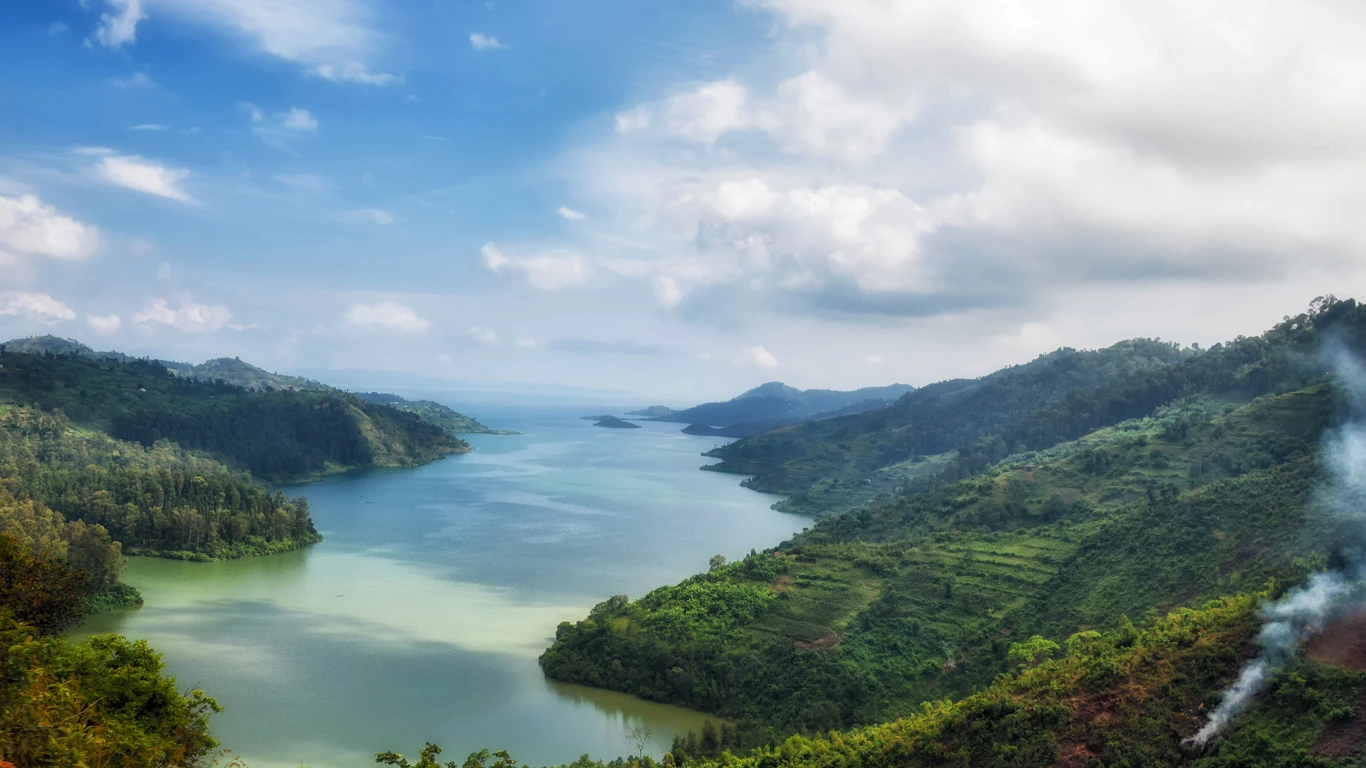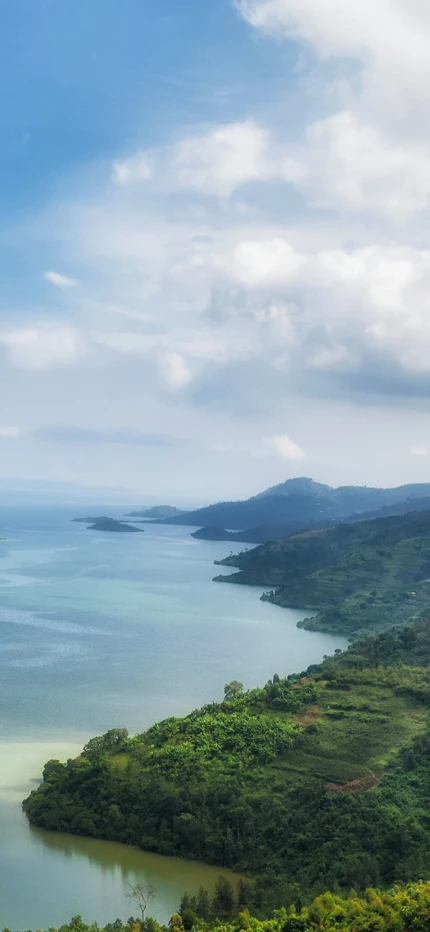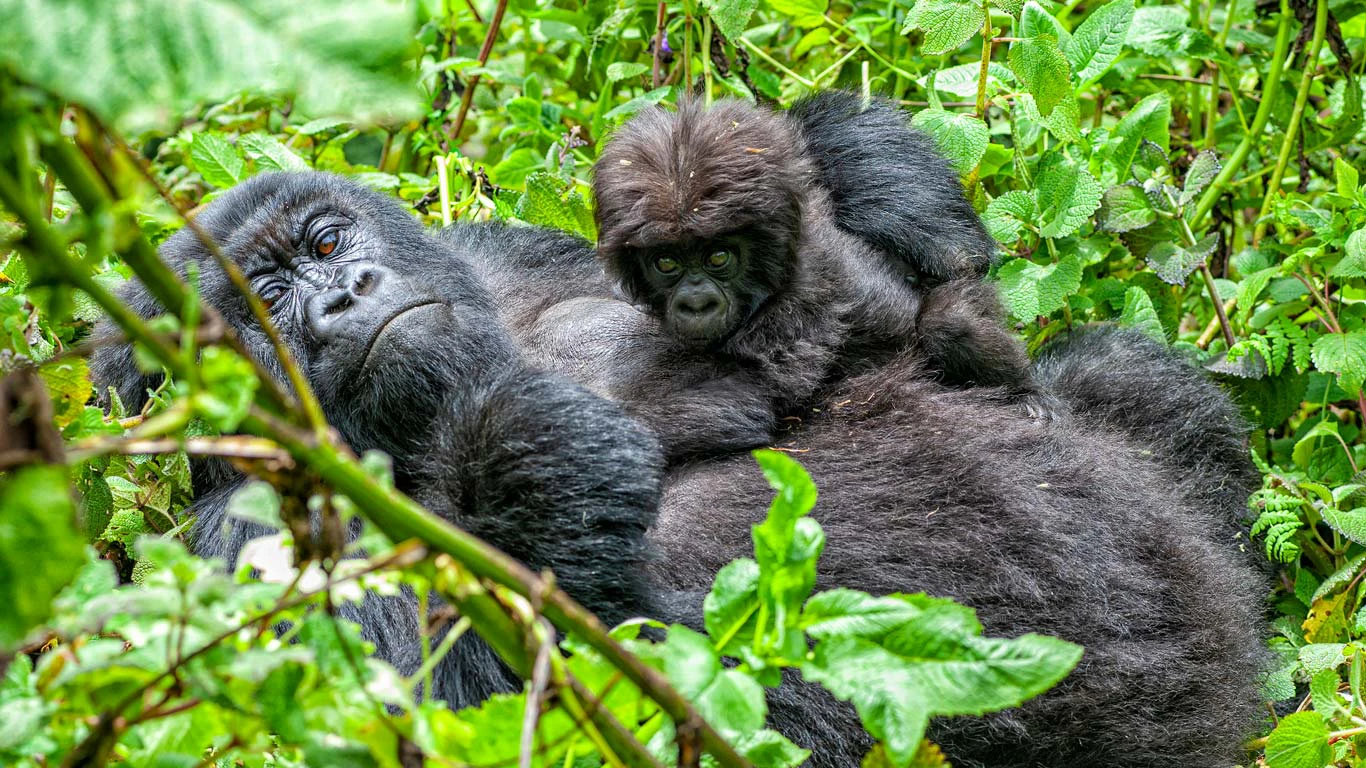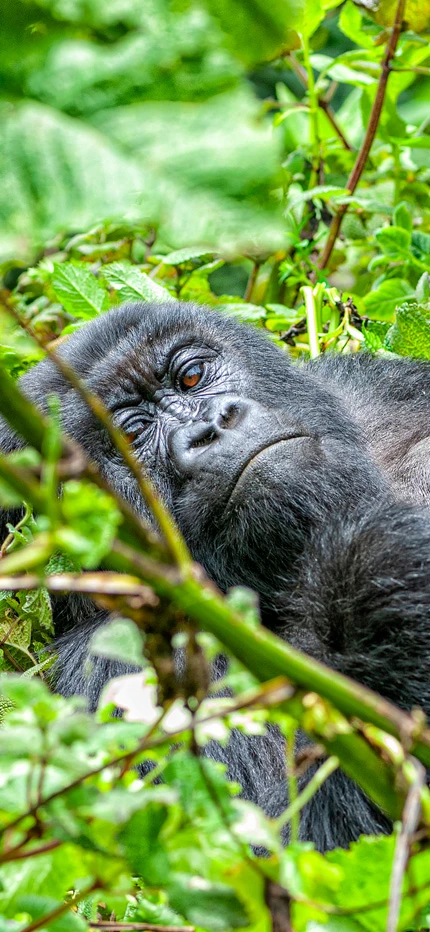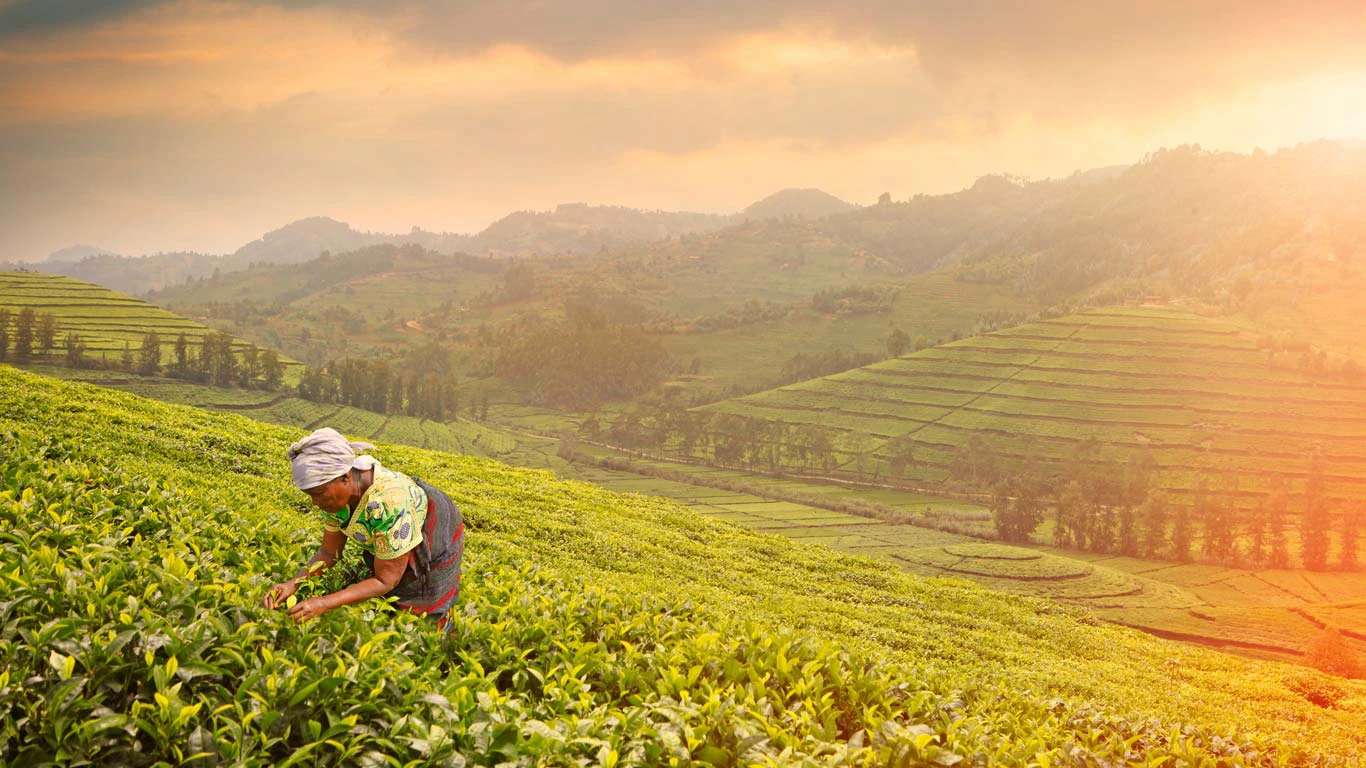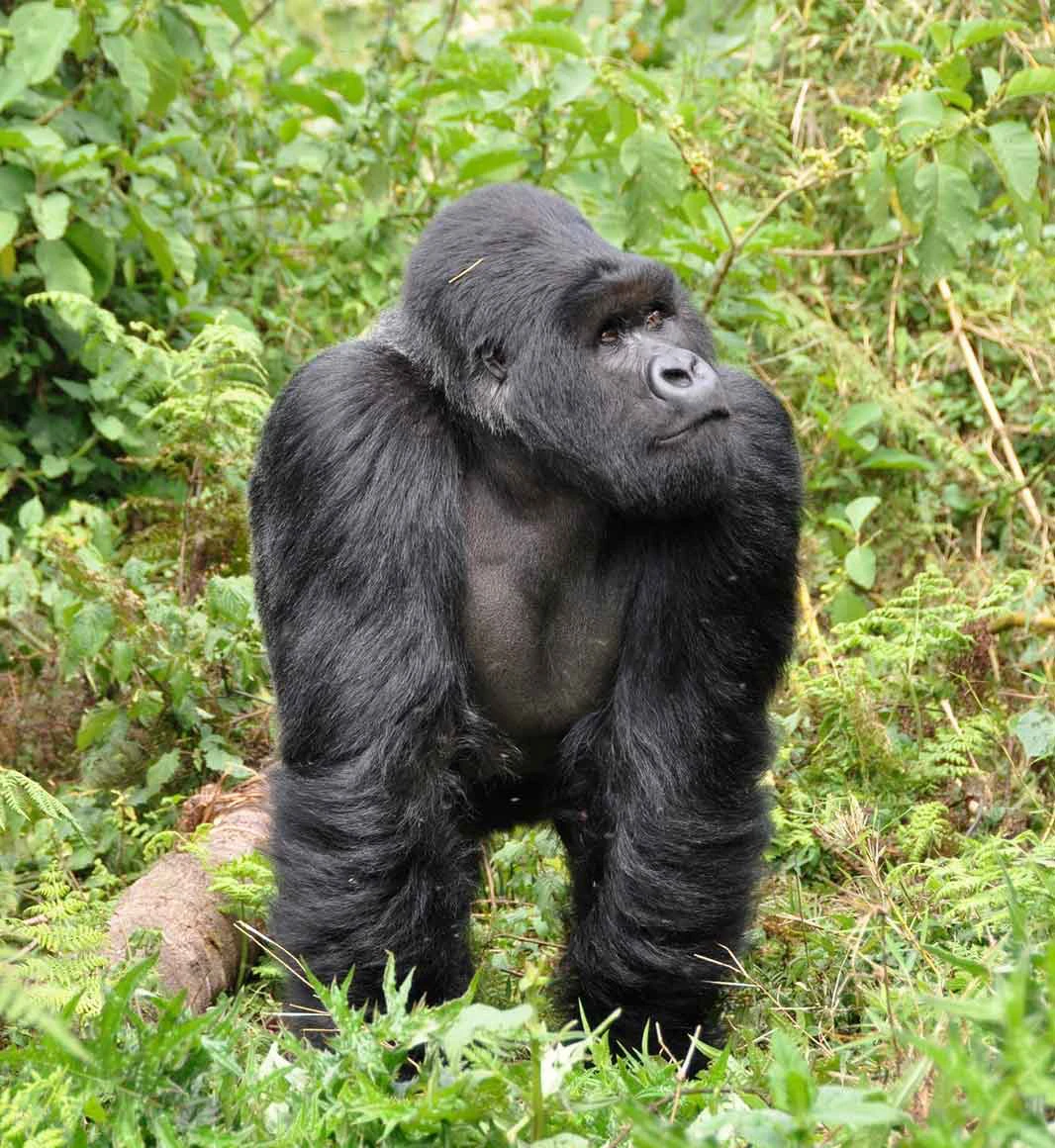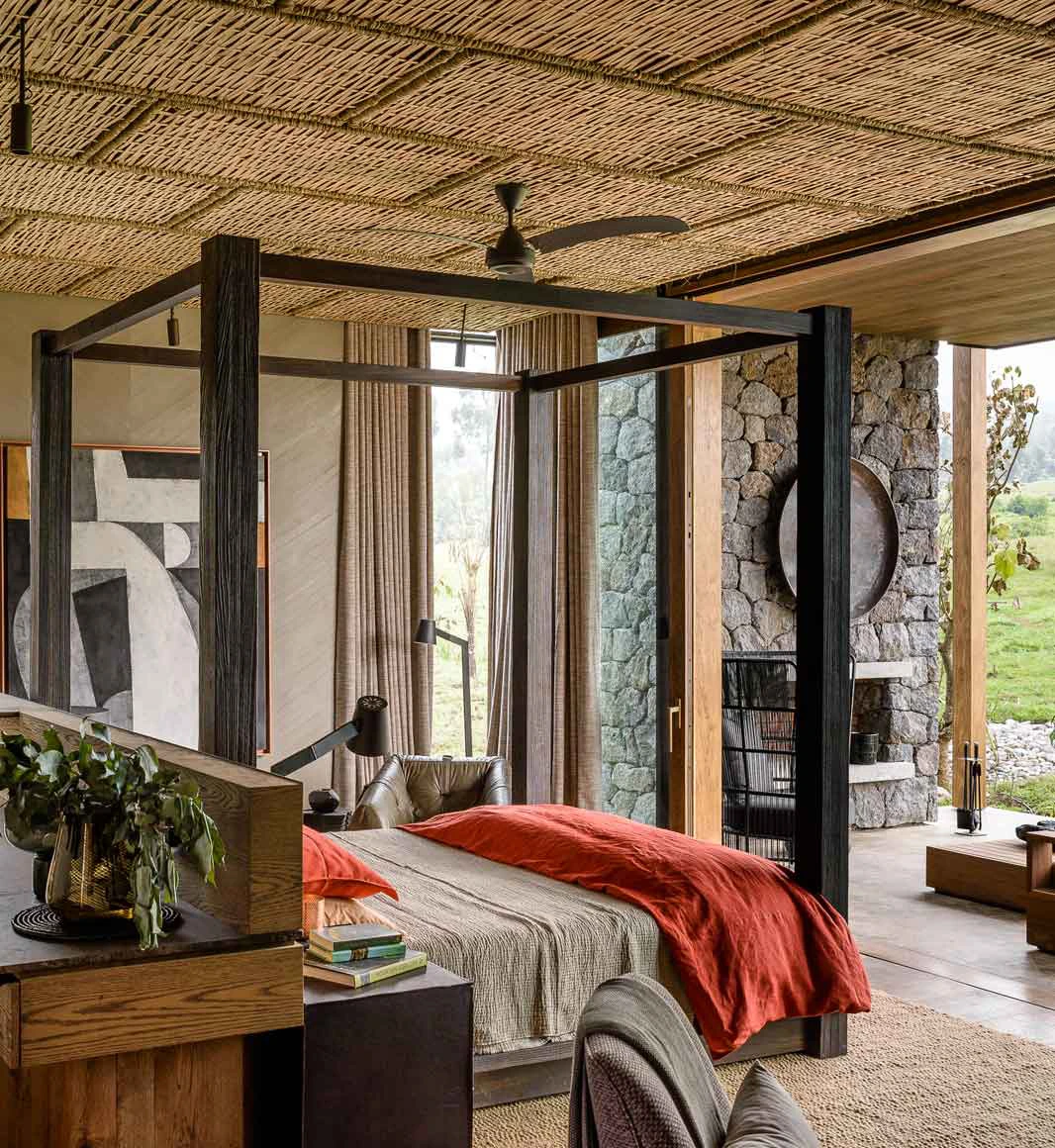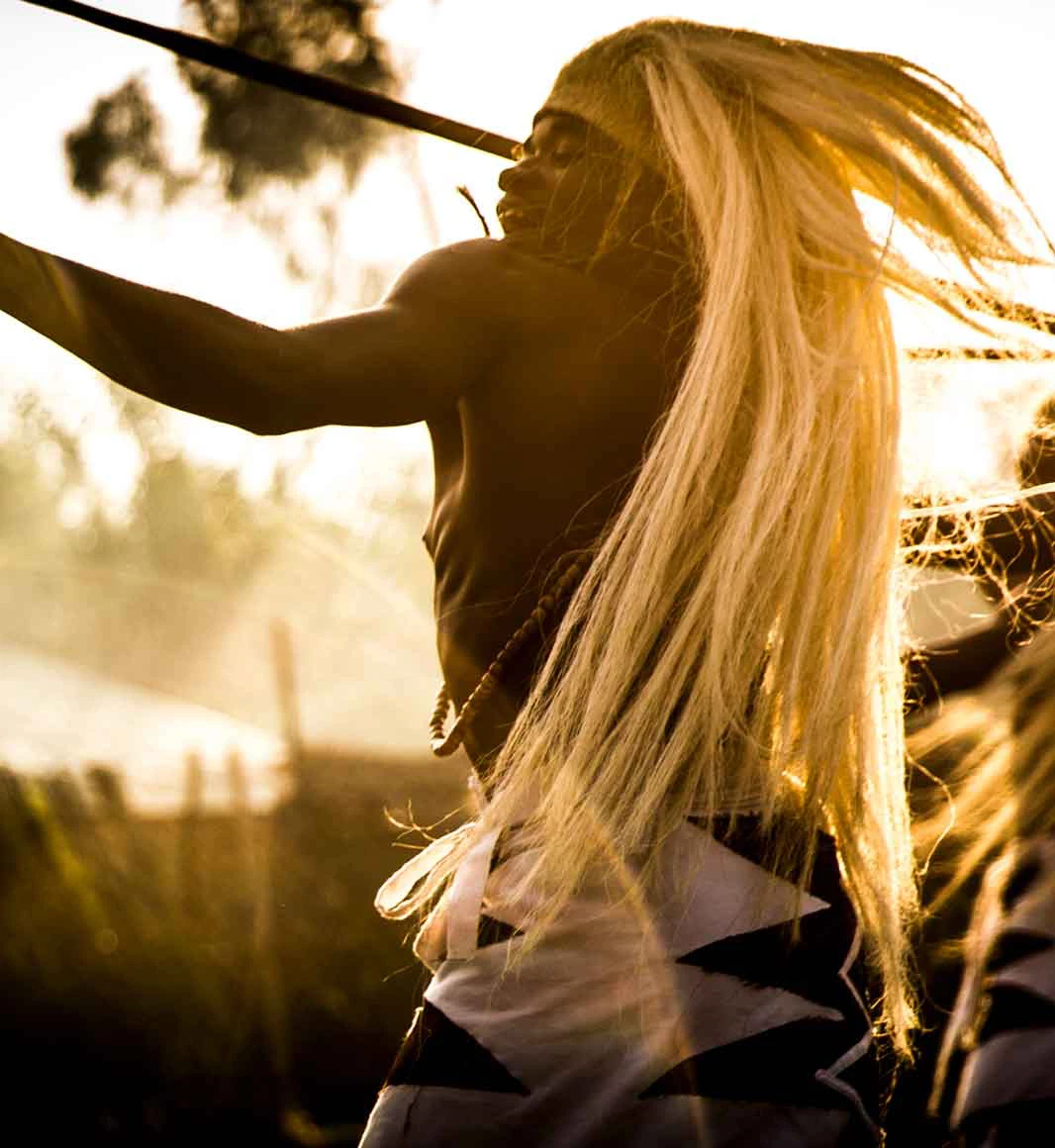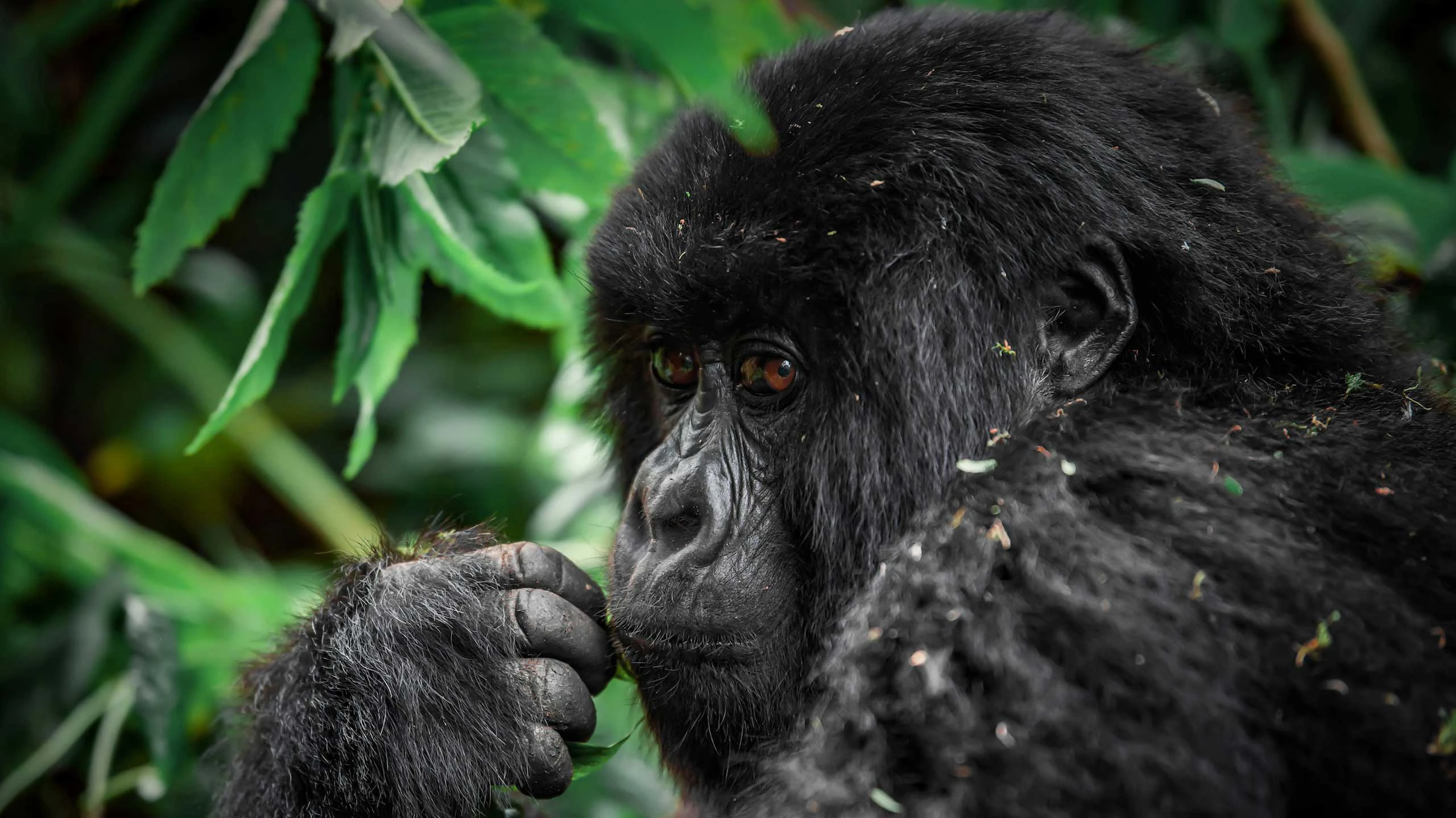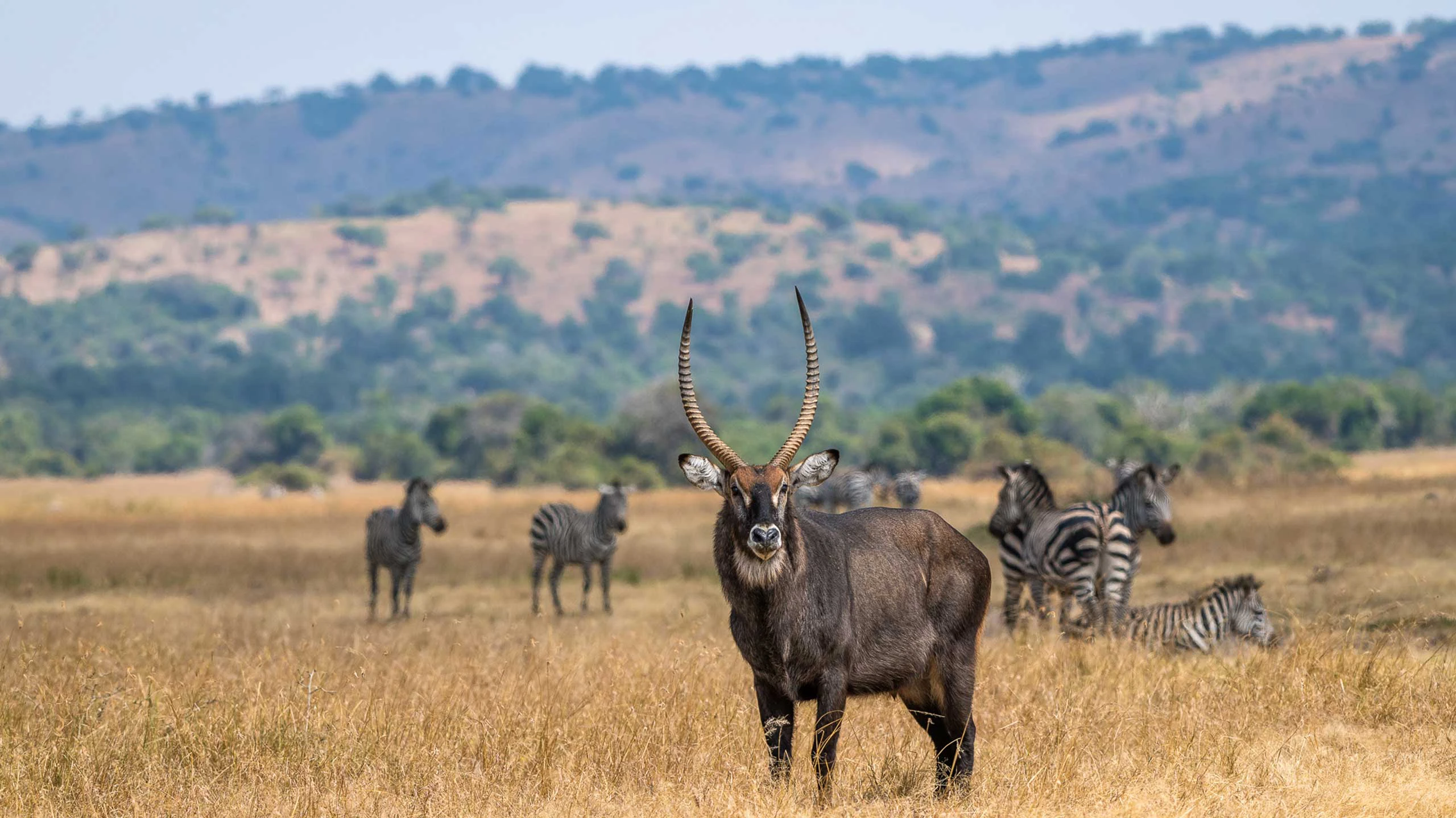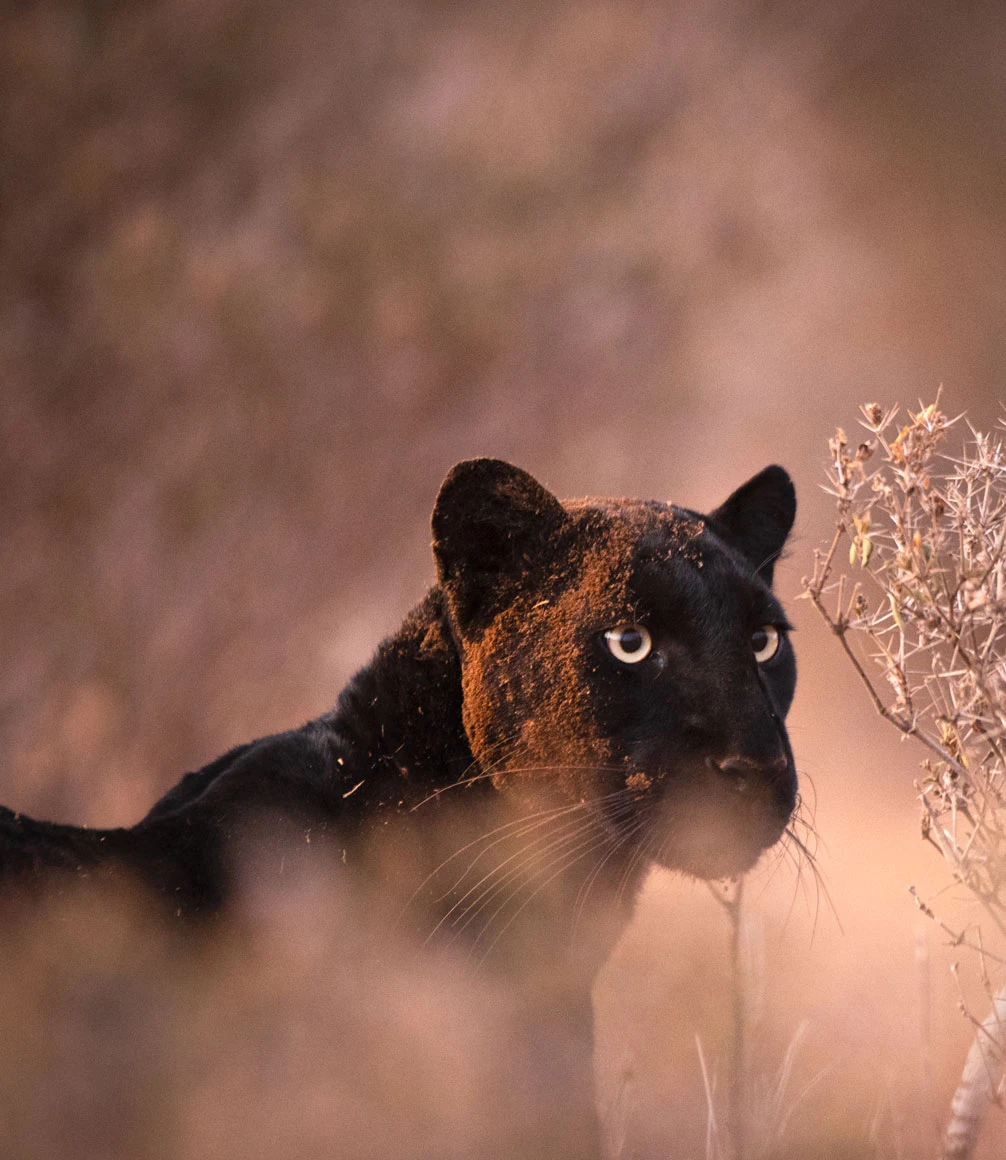Situated just south of the Equator, and hemmed in by the volcanic Virungas in the West and the lakes and grasslands of the East, tiny landlocked Rwanda is one of modern Africa’s success stories.
In the decades since 1994, when a heartbreaking genocide tore the country apart, with nearly a million people–mostly Tutsis and moderate Hutus–losing their lives, Rwanda has transformed itself. Having operated here since before the genocide, we have seen firsthand how this rather special country has changed over the intervening years. Today, Rwanda has one of Africa’s fastest-growing economies; there are more women in Parliament than any other country in the world; and few African countries are safer or contain quite so many smiling faces.
Highlights of a luxury Rwanda holiday
"Whatever time of year you come, you’ll be sure to encounter more grace, poise and smiles than you’d ever imagined, and in the process learn a thing or two about mental fortitude."
Rwanda’s habitats and wildlife have a significant role to play in the country’s continued revival, the major drawcard being, of course, the opportunity to be introduced to one of Rwanda’s mountain gorilla families. Today just over 1000 individuals remain in the wild, in large part thanks to the groundbreaking work of conservationist Dian Fossey, and a third of these live high up in the bamboo forests of Rwanda’s Volcanoes National Park.
More than a few of our clients have shed a tear on encountering these gentle, expressive creatures, with complex personalities and a range of emotions we are even now still learning about. Seeing a huge male silverback tolerate youngsters as they tumble over and around him, or a nursing mother adjusting the weight of her infant and peering up in bemusement at a passing plane, is like holding up a mirror and finding a reflection that is simultaneously other and familiar. At Explorations, we work only with the most experienced trackers and guides –dedicated professionals who will both maximise your chances of a sighting and offer fascinating behind-the-scenes glimpses at the conservation work that goes on.
As compelling as the mountain gorillas are, they are not the only reason discerning travellers come to Rwanda. Nyungwe Forest National Park is a wonderful primate haven offering the chance to track a further 13 primate species including chimpanzee and golden monkey. Akagera, in the country’s northeast, is an archetypal East African savannah ecosystem inhabited by the Big Five and the elusive shoebill stork. To the west, the clear warm waters of Lake Kivu have lakeside towns and beaches every bit as alluring as Lake Malawi’s. And in Kigali, Rwanda has a diverse and vibrant capital: a visit to the city’s Genocide Memorial is essential if you’d like to understand Rwanda’s history and the events leading up to the genocide. It’s an enormously powerful and reflective space that bears witness to Rwanda’s strength and spirit of reconciliation.
In recent years, the Government’s investment in sustainable tourism has resulted in a number of superb lodges being constructed. These, combined with short distances and decent roads, mean that a visit to Rwanda can be as comfortable, stylish and seamless as you like. From a wildlife perspective, it makes sense to avoid the rains and visit Rwanda from June to September or between December and February. However, whatever time of year you come, you’ll be sure to encounter more grace, poise and smiles than you’d ever imagined, and in the process learn a thing or two about mental fortitude.
Ready to take the road less travelled?
